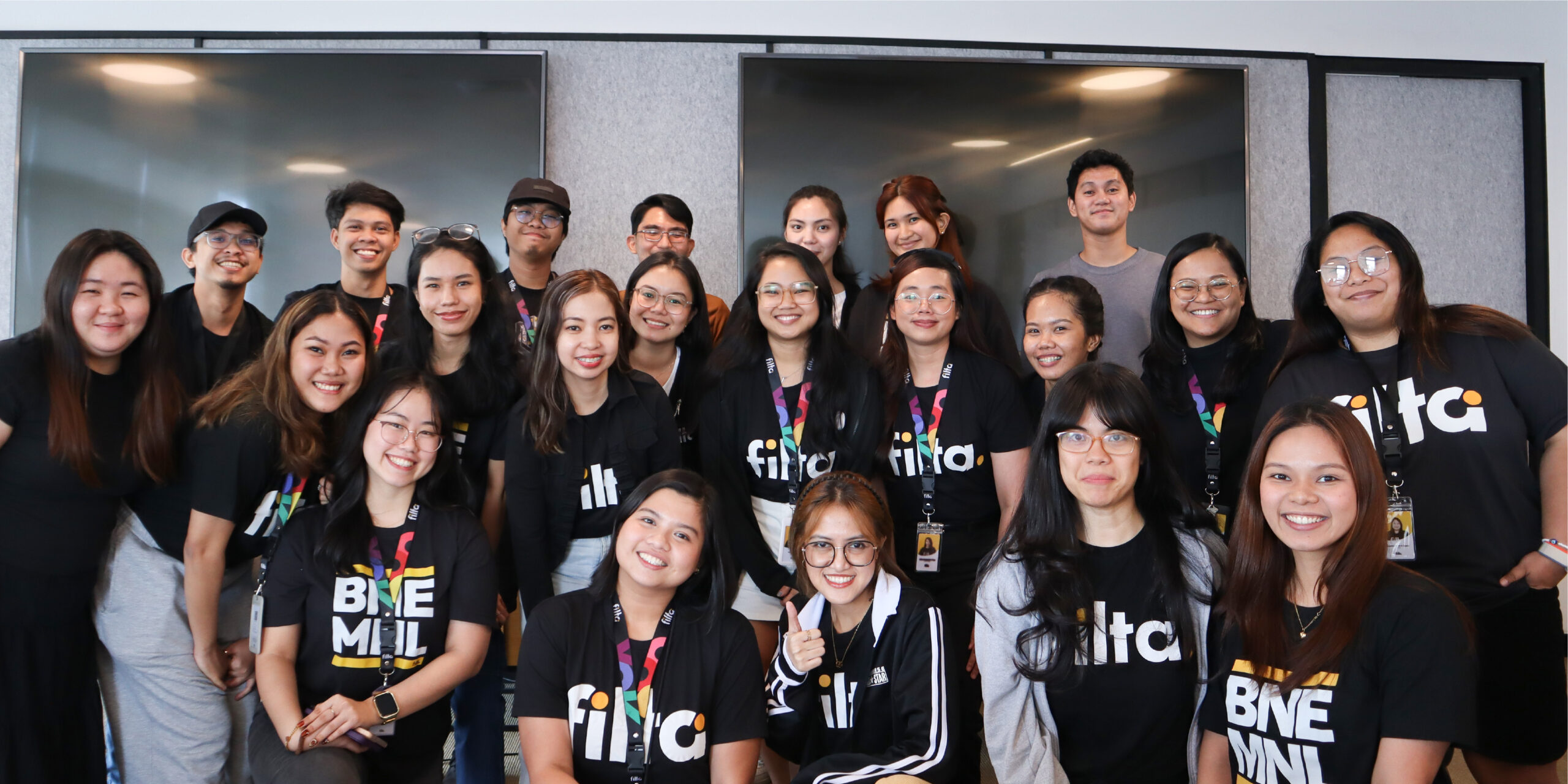The freedom of remote work initially felt like a dream come true for employees. No more soul-crushing commutes, endless flexibility, and the comfort of their own home – they envisioned a life of increased productivity and blissful zen. But soon, the reality started to bite. The lines between work and personal life blurred, the silence became deafening, and the video calls, once exciting, felt like a constant barrage. Loneliness crept in, and the feeling of being disconnected from my colleagues started to weigh heavily.
Embracing remote work for our team brought undeniable benefits. Talent acquisition expanded beyond geographical limitations, and flexible schedules boosted employee morale. However, concerns arose. Communication sometimes felt stilted, collaboration seemed less spontaneous, and building rapport with remote team members proved challenging. We realized that maintaining a strong team culture and ensuring clear communication would be crucial in the new remote landscape.
Thankfully, both employees and employers can take steps to navigate the mental health challenges and unlock the true potential of remote work.
For Employees:
- Structure is your friend: Set clear boundaries with dedicated work hours, breaks, and personal time. Utilize time management tools and to-do lists to stay organized.
- Embrace the human connection: Schedule regular video calls and virtual social events with colleagues. Utilize collaborative online platforms and communication tools to stay engaged.
- Prioritize self-care: Exercise, hobbies, and spending time in nature are essential for mental well-being. Don’t neglect these activities, even during busy periods.
- Communicate openly: If you’re struggling, reach out to your manager or HR. Seeking professional help is a sign of strength, not weakness.
For Employers:
- Foster a culture of communication: Encourage open communication and regular check-ins. Utilize video calls effectively and implement communication platforms that promote collaboration.
- Invest in virtual team building: Organize online social events, team-building activities, and casual virtual coffee chats to build rapport and connection.
- Provide mental health resources: Offer access to online therapy platforms, employee assistance programs, and workshops on managing remote work stress.
- Recognize the unique needs of remote employees: Be flexible with schedules, acknowledge the challenges of remote work, and offer support for maintaining a healthy work-life balance.
Here at Filta, as a part of the Filta Community, employees can access our wellness activities, including our monthly challenges that promote self-care, providing benefits to their physical and mental health while they are working from home. This also gives them a chance to meet and bond with other members who share the same interests.
Remember: Everyone’s experience with remote work is unique. By openly discussing challenges, sharing tips, and fostering a supportive environment, both employees and employers can create a remote work experience that is both productive and mentally healthy.














